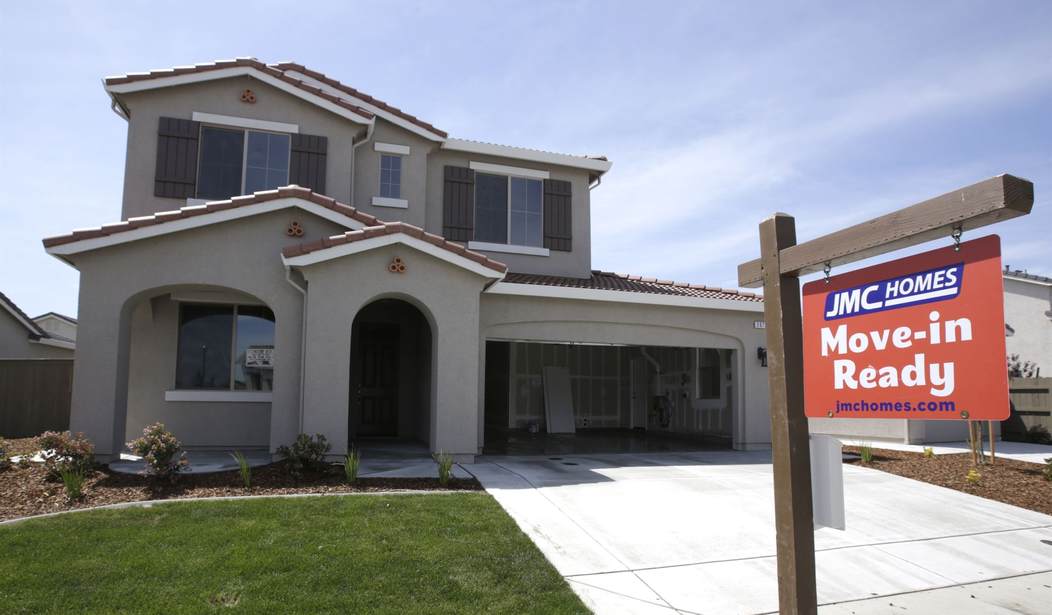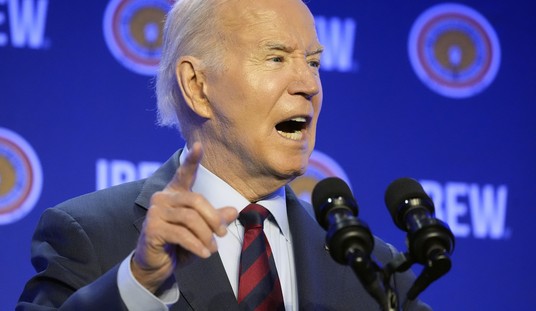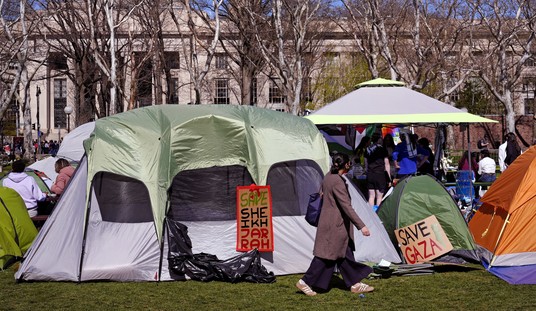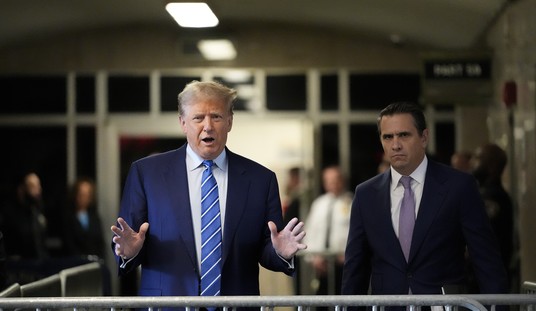In 1992, my then-fiancee and I took a big step. We bought a house, a small (1008 square feet) ranch in Aurora, a suburb of Denver, Colorado. It was our home for six years before our expanding family needed more room, but they were six good years, and we got into the market at a great time, just before Denver-area real estate started to boom. We bought this house for $69,500 in 1992 and sold it in 1999 after renting it out for two years, for $140,000. The bigger (4,800 square feet) multi-level house we raised our family in, also in Aurora, we bought in 1997 for $189,000 and sold in 2020 for $565,000. And I came into the game a little late, at 30 years old when we bought that first house, partly because I had a somewhat dissolute youth and because I spent a fair number of my younger years running around with a pack and a rifle doing all kinds of screwy things, which delayed my entry into stable, settled life.
Home ownership, for us, was a great way to build wealth. Paying down our mortgage while putting in some sweat equity and just letting prices rise enabled us to build a nice little nest egg. Of course, a big part of the reason we were able to do this was because interest rates were relatively low.
Mortgage rates recently broke a 21-year record, and those hoping for notable declines will likely have to do some waiting.
As of this week, the average rate on a 30-year fixed-rate mortgage was 7.09%, more than double the average before the Federal Reserve started raising interest rates, according to Freddie Mac. The last time rates were this high was March 2002 — and the bad news for homebuyers is they could push even higher.
“I don’t think we’re at the peak,” Stephen O’Connor, research professor of real estate at the George Washington University School of Business, told the Washington Examiner.
The run-up in rates has made put home purchases out of reach for many households. Median mortgage payments hovered at just over $1,000 per month in 2020, according to the National Association of Realtors. Now the mortgage payment for a typical single-family home clocks in at $2,234. That is a shocking 116% increase in just about three years.
This is hurting the younger generation, as it makes it harder to get their feet on that first rung of the wealth-building ladder. Again, from our own family's experience; we have four daughters. Two of them live with their husbands and kids in a small town in Iowa, where real estate prices are low but so are job opportunities; they have managed to find good work, though, and because prices are low, own their homes. In many small towns away from big cities, one can still find reasonable starter homes for under $100,000. But not everybody has the right experience and skills to find employment or start a business in a small community.
Our kids' two younger sisters, though, chose to remain in the Denver area. In spite of having good incomes for kids in their late twenties, they can't even contemplate buying housing in the area; even renting a town-home in a quiet suburb requires our youngest to share housing and rent with her sister and her brother-in-law. Fortunately, they all get along well.
This isn't how it should be.
So why are interest rates rising?
“Are the done raising those rates? I don’t think so. I think Powell is still very much concerned with core inflation and even though a lot of the other metrics look good relative to the number of jobs, unemployment rate, things of that nature, there are other types of markers in the ether there that are raising concerns relative to wage inflation, things of that nature,” he said.
Inflation has damaging effects across the economy, of course, not just in real estate. The same inflationary pressures that are resulting in higher interest rates are also pushing real-estate prices higher, along with the prices of everything else.
The infamous real-estate bubble of the early 2000s was caused by government interference in markets. The current interest rate hikes are a response to increasing inflation, again caused by government interference in markets - specifically, pumping trillions of fiat dollars into the economy. This is pure speculation on my part, but I suspect things will get worse before they get better.
The inflationary/interest rate cycle, caused by bad fiscal and monetary policy, always hurts worst those who are least able to deal with it. While external events can cause economies to stumble, to really screw things up takes government, and that's what we're seeing now. That's why young people are having trouble buying houses, why older people are paying more for food and fuel, and why despite President Biden's bleating to the contrary, the nation continues to struggle. It won't stop until there is a major shift in Washington, most especially a major shift in who has their hand on the levers of government spending.
Young people today are having a hard time getting started in building personal wealth. But then, wealth-building has been derided by the Left for years now. Maybe - just maybe - there's a method to this madness, and it's not a method that has our best interests at heart.













